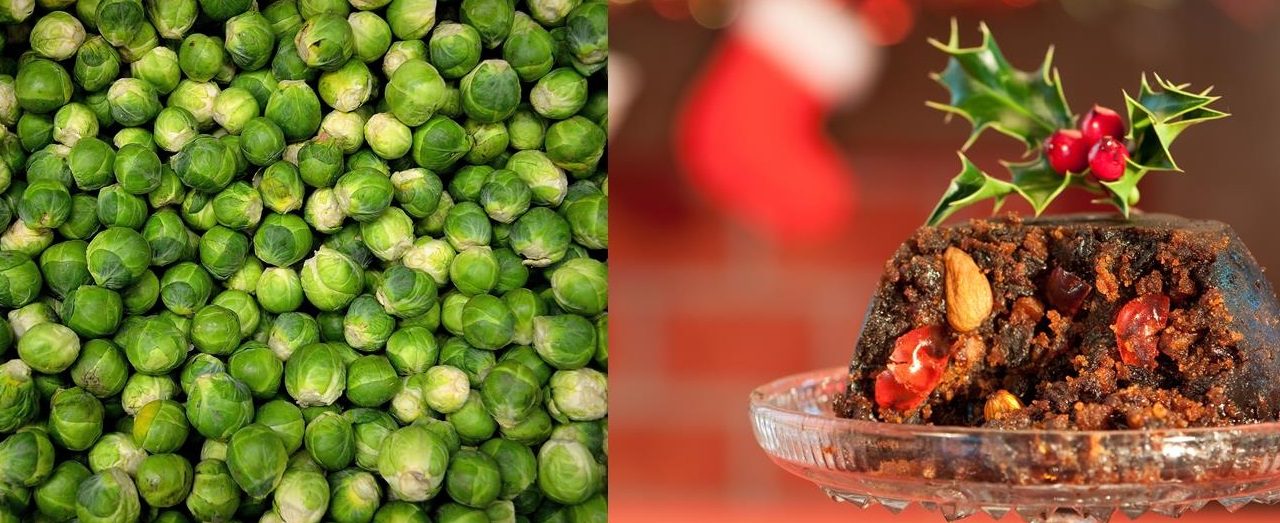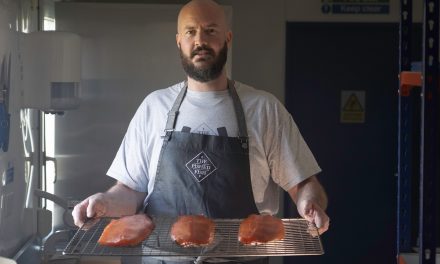What would the festive season be without the divisive brussel sprout, or the traditional Christmas pudding? Both of these key yuletide ingredients found their place in tradition thanks to a cook with East Sussex roots, who pioneered family recipes almost 300 years ago.
For many families Christmas is not complete without the hearty fruit pudding that is wheeled out after the main feast with its accompanying brandy-lighting drama. And love them or loathe them, brussel sprouts have become as integral to the festive feast as crackers, stuffing, and visiting relatives.
The pudding King
It’s thought that King George I (sometimes known as the Pudding King) requested that plum pudding be served as part of his royal feast in his first Christmas in England in 1714. The history of the humble sprout and its link to Christmas is less clear, but it is generally agreed they only became widely available in the UK in the late 1700s – at a time when our modern ideas of feasting for Christmas were gathering pace.
However, in both cases it is widely acknowledged that East Sussex cook Eliza Acton was the first to refer to the plum pudding as “Christmas Pudding”, and also the first to include a recipe for brussel sprouts in her landmark cookbook, Modern Cookery For Private Families.
Family recipes
Born in 1799 in Battle, Eliza Acton was also a poet but found widespread popularity with her cookbook, which was acclaimed by future chefs, including Isabella Beeton and more recently by Delia Smith and Rick Stein. It was ground-breaking because it introduced the now-universal practice of listing ingredients and giving suggested cooking times for each recipe. It included the first recipes in English for brussel sprouts and also contains the first printed reference to Christmas pudding.
Although her father was from Hastings and she was born in Battle, Eliza Acton was raised in Suffolk and then moved to France. Returning to England in the mid-1820s she lived in Tonbridge, Kent, for some time, and was listed as living with her mother in Hastings in the 1851 census. She died in London in 1859.
Eliza released her cookery book in 1845, aimed at middle-class families, and such was its popularity that it remained in print until 1918. Written in an engaging prose, the book was well received by reviewers. The food writer Alan Davidson considered Modern Cookery to be “among the most elegantly written (and practical) cookery books ever published”, and TV celebrity cook Delia Smith is of a similar opinion, describing Acton as “the best cookery writer in the English language”.
So if we’re fortunate enough to be sitting down to a traditional Christmas meal this festive season, we might raise a glass to toast the cook without whom it might taste a little different.




